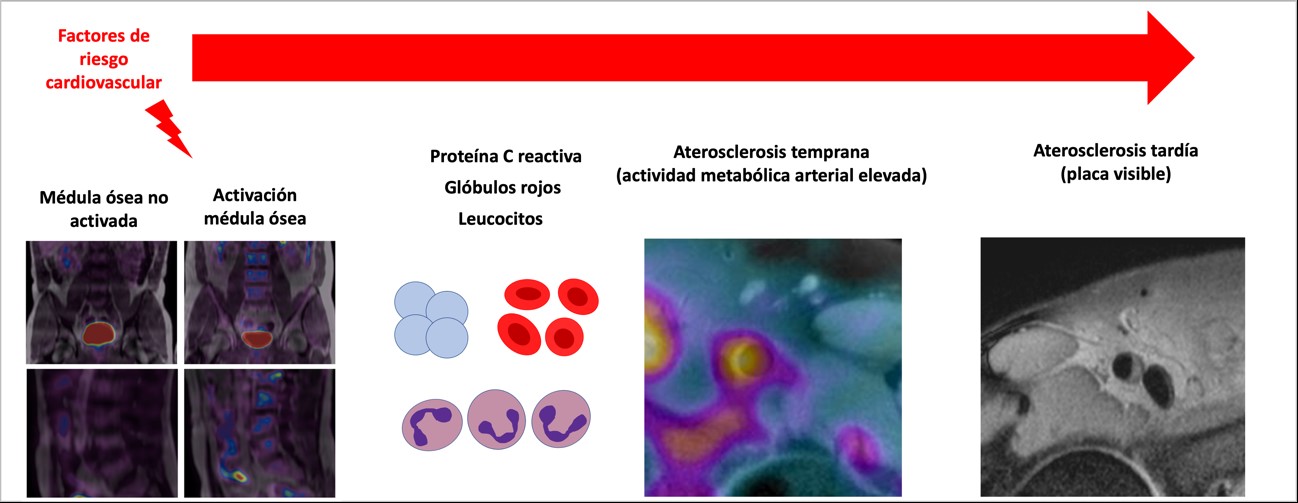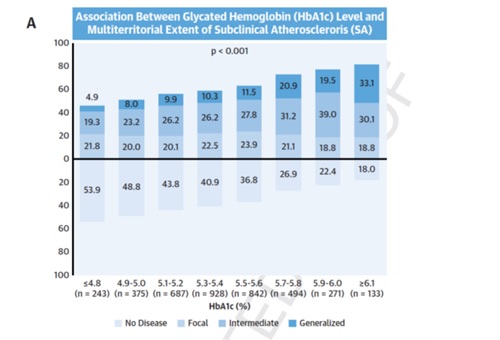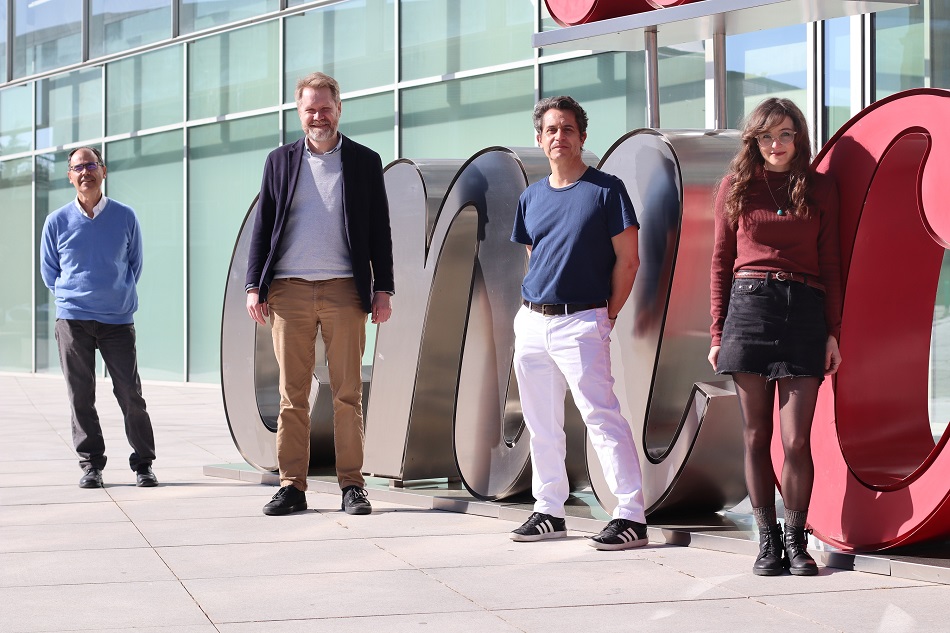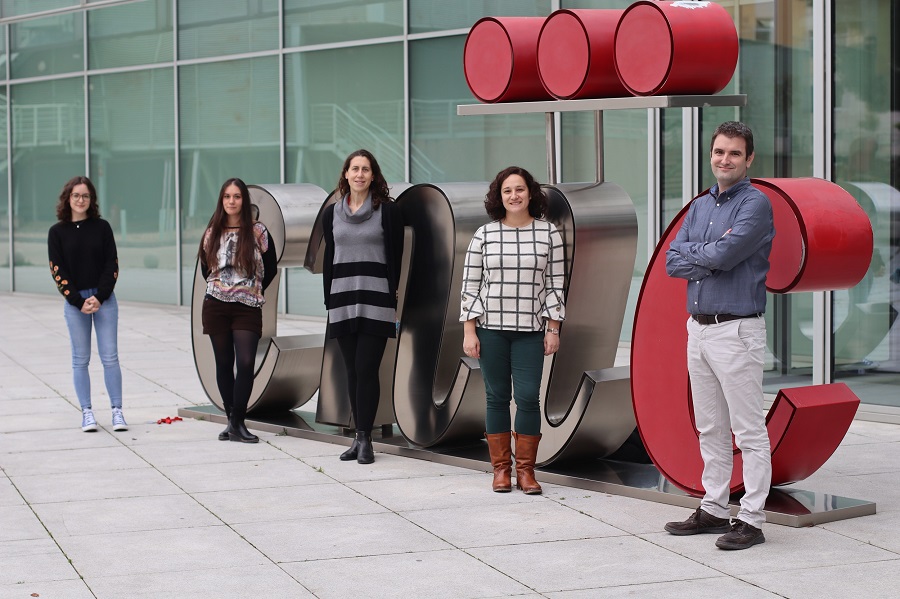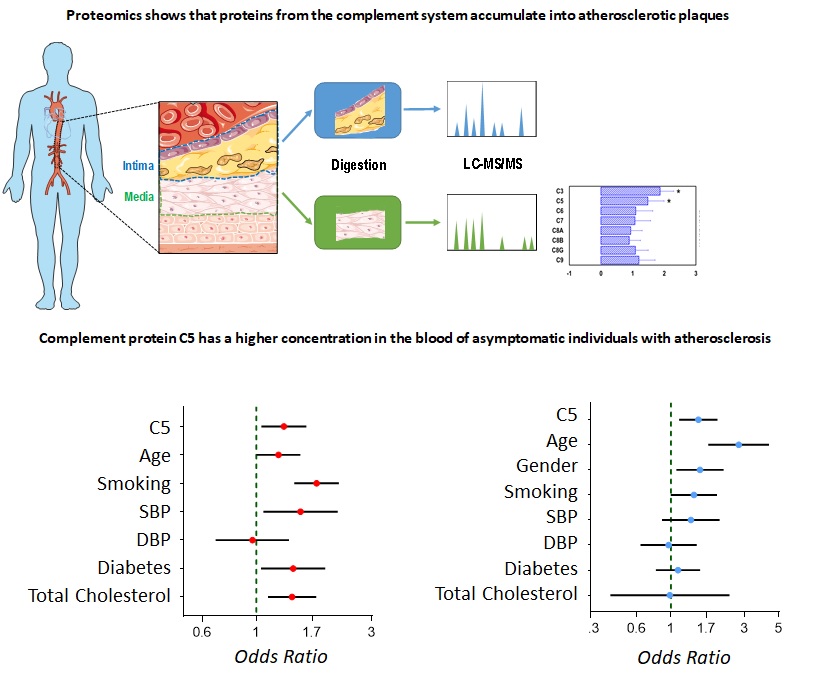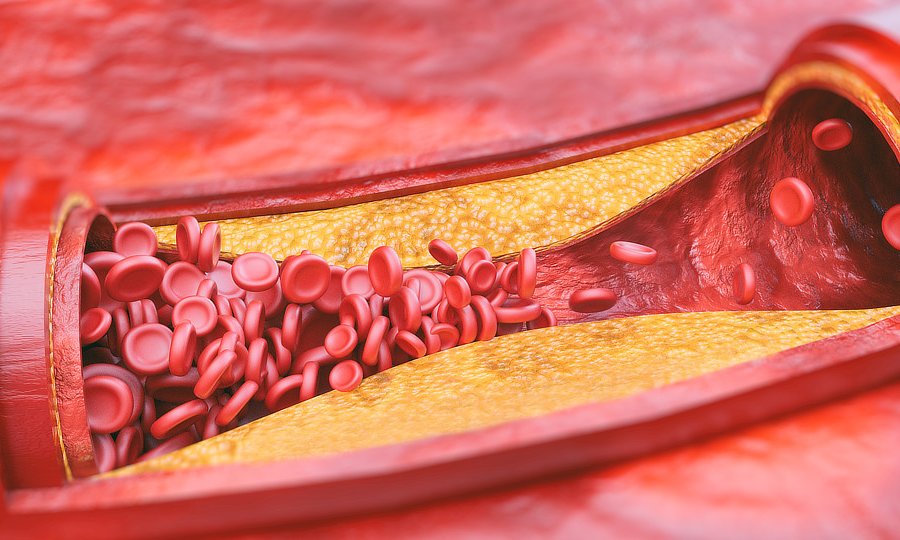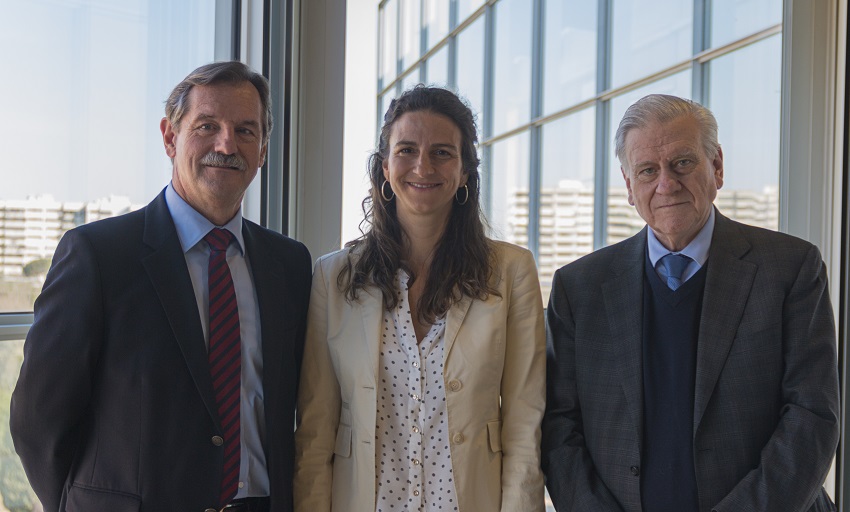News search
|
Research 21 Mar 2022 The new discovery suggests new research avenues toward the discovery of interventions to prevent or arrest atherosclerosis |
|
Research 29 Jun 2021 A study published in JACC shows that excess circulating triglyceride concentrations are associated with subclinical atherosclerosis and vascular inflammation in individuals with low-to-moderate cardiovascular risk according to standard scores |
|
Research 31 May 2021 In an article published in JACC, CNIC scientists report a method for improved ranking of cardiovascular risk in individuals without diabetes |
|
About the CNIC 13 Apr 2021 The new insight supports the need to keep both LDL cholesterol and blood pressure low throughout life by healthy diet choices, weight control, exercise, and, when needed, by drug therapy |
|
About the CNIC 23 Dec 2020 The project will investigate the role of clonal hematopoiesis—the formation of mutated hematopoietic stem-cell clones promoted by anti-cancer therapies—in the development of atherosclerosis and associated cardiovascular disease |
|
Research 29 Sep 2020 The study, published in JACC, forms part of the PESA-CNIC-SANTANDER project, led by Dr Valentín Fuster |
|
Research 21 Apr 2020 The study, published today in JACC, shows that activation of the complement system is one of the most characteristic molecular changes taking place in the early stages of the development of atherosclerotic plaques |
|
Research 7 Apr 2020 A CNIC study published in JACC demonstrates that atheroma plaques extend rapidly in the arteries of asymptomatic individuals aged between 40 and 50 years participating in the PESA-CNIC-Santander study. |
|
About the CNIC 12 Dec 2019 Professor Jacob Fog Bentzon from Aarhus University and the CNIC receives 2 M euros from the European Research Council for a ground-breaking research project on atherosclerosis – one of the most frequent causes of death in the world |
|
Research 26 Mar 2019 The results, published in JACC, demonstrate the potential of this technology to generate images of the inflammation associated with systemic atherosclerosis; this information will be useful for the study of early stages of this disease and will help to identify individuals who will benefit from early medical intervention |
- ‹ previous
- 3 of 5
- next ›
